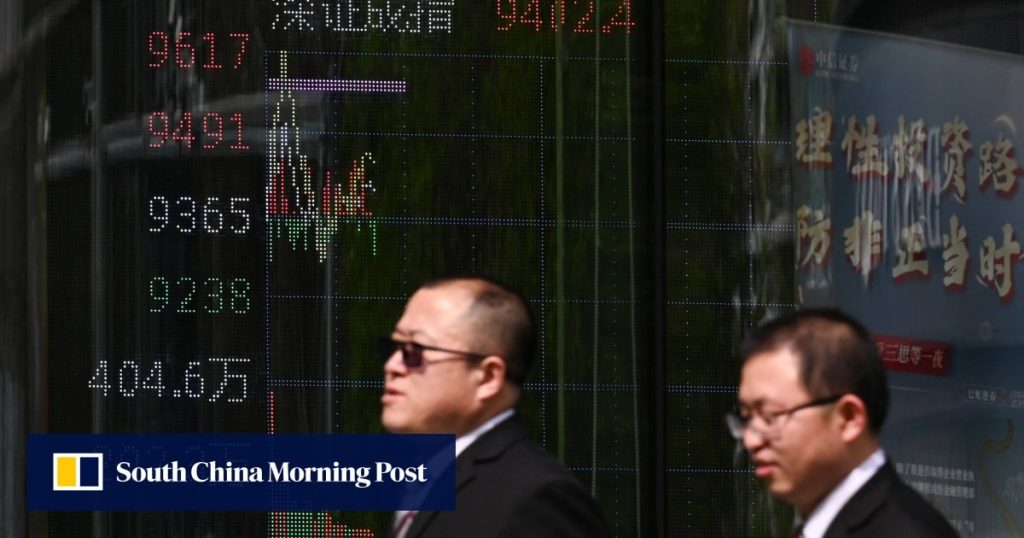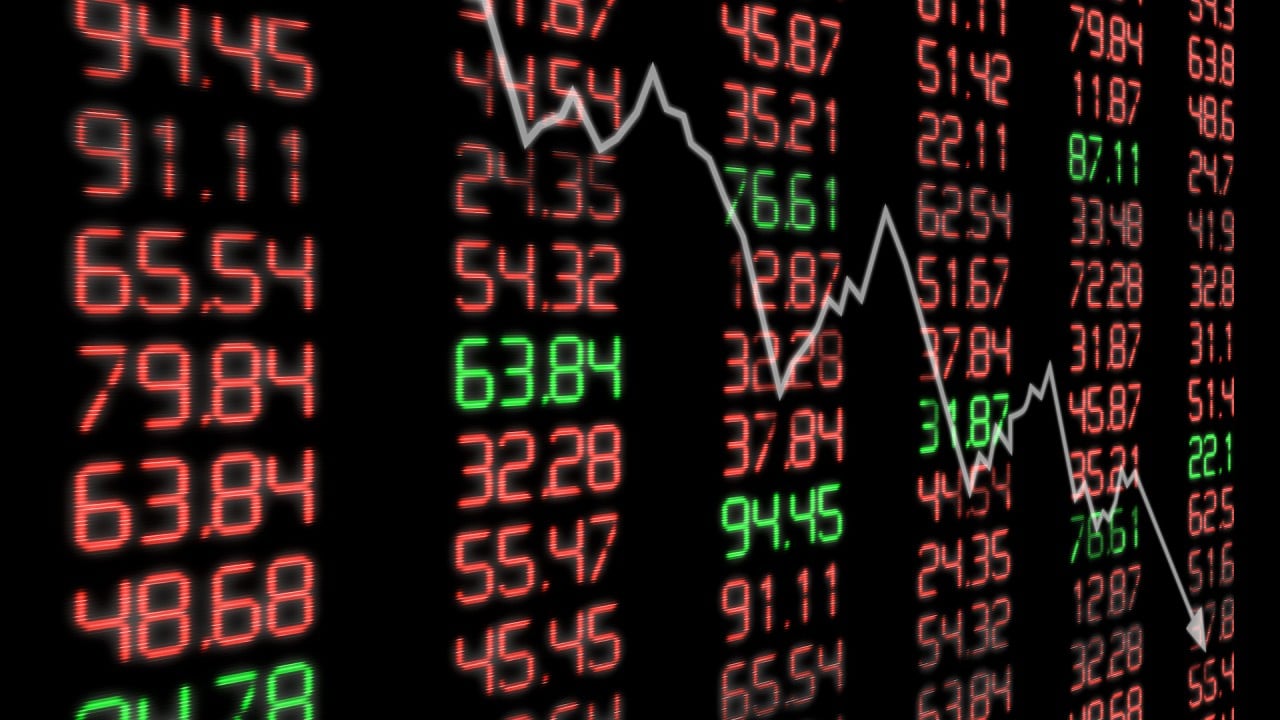Mainland Chinese stocks have weathered global market volatility better than most, triggered by the US tariff war, because of state buying and better-than-expected economic data, with analysts saying Beijing is likely to keep a tight grip on proceedings through various means at its disposal.
China’s CSI 300 Index, which tracks the biggest companies traded onshore, has lost 2.6 per cent since US President Donald Trump on April 2 initiated the so-called reciprocal tariffs on America’s trading partners. In comparison, the S&P 500 index has declined nearly 6 per cent in that time, while Hong Kong’s Hang Seng Index and Japan’s Nikkei 225 have lost 7.5 per cent and 3.8 per cent, respectively.
In terms of volatility, the CSI 300 has been the least choppy, gyrating 10 per cent this month. In contrast, the S&P 500 and the Nikkei 225 have both experienced swings of 15 per cent, while the Hang Seng Index has fluctuated 18 per cent, according to data compiled by Shanghai DZH, a financial services provider.
“Clearly, we have a bottom here that is underpinned [by state buying],” said He Kang, an analyst at Huatai Securities in Shanghai. “The market is now stuck in rangebound trading, as it also lacks the upside potential because of the uncertainty regarding the tariffs.”



